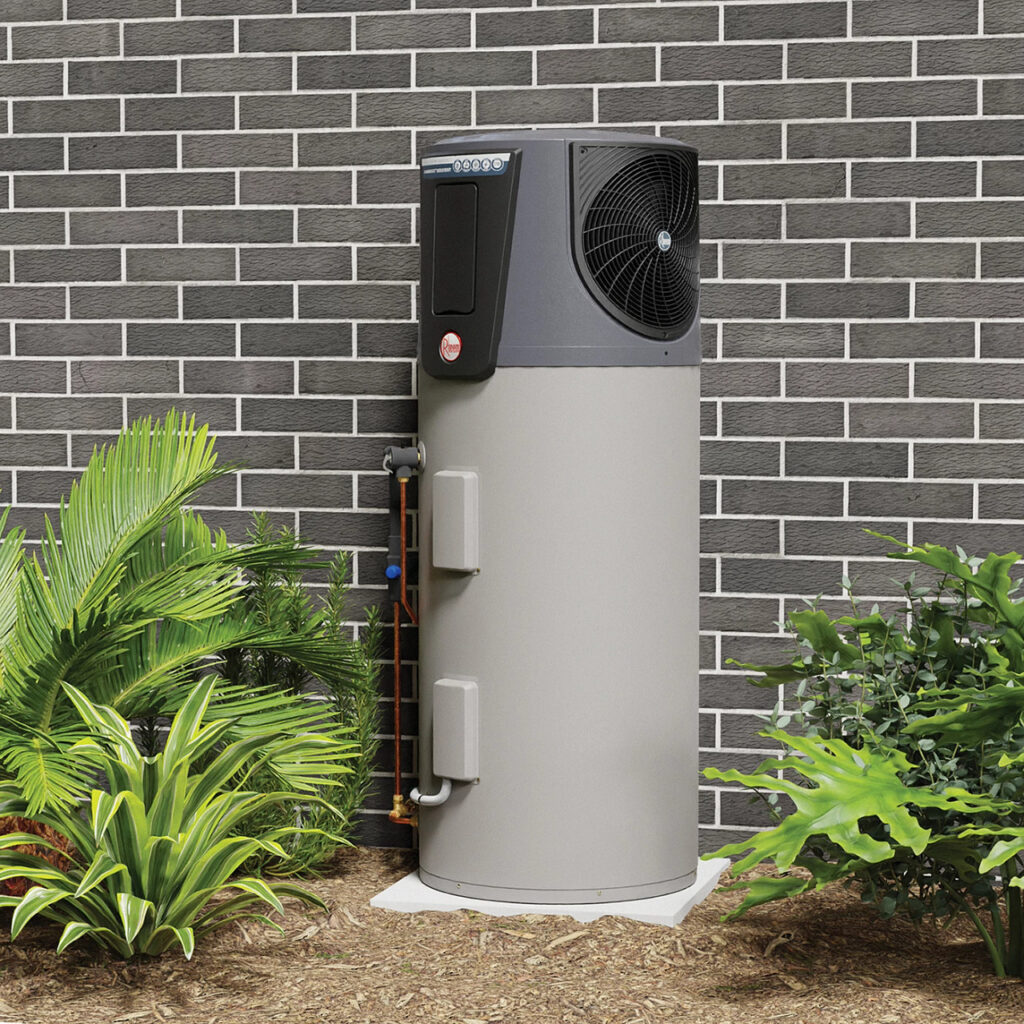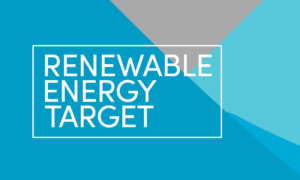


How does a heat pump hot water system work?
(video ref.: https://www.solar.vic.gov.au/hot-water-rebate)
A heat pump hot water system stands out as a highly energy-efficient method for water heating, potentially reducing power consumption by up to 75% compared to traditional electric systems. It often emerges as the optimal choice for those seeking a new water heating solution.
This system operates by capturing ambient air warmth and, using refrigerants and a pump, transferring that heat into the water. In contrast, a solar hot water system utilizes direct heat from the sun to warm your water, storing it in a dedicated tank.
For an extra boost, such as a piping hot shower, the system can be supplemented with electricity, particularly beneficial for those with solar panels to maximise renewable energy utilisation.

(Image ref.: https://www.sustainability.vic.gov.au/)
When evaluating annual energy costs, we focus on a typical Melbourne household, considering factors like the number of occupants and their daily hot water consumption.
For gas-powered instantaneous and gas-boosted solar water heaters, our calculations encompass operating costs and greenhouse emissions, factoring in electricity consumption.
Electricity costs are based on two tiers: a general (or peak) rate of 31.9 cents per kilowatt-hour (c/kWh) and an off-peak rate of 25.0 c/kWh.
Natural gas rates follow a standard offering from a major provider, using a ‘declining block’ pricing structure tailored for households with gas heating, water heating, and cooking. This structure means that as gas usage increases within each billing period, the unit cost decreases.
Free Consultation - High Power Solar
Heat pumps, ingenious devices that use electricity to extract heat from one source and transfer it to another, redefine energy efficiency. In essence, a heat pump doesn’t generate heat; it adeptly moves it. This makes it an optimal year-round solution, particularly well-suited for regions with moderate heating and cooling requirements. Heat pumps outperform traditional furnaces and air conditioners in terms of performance. Our dedicated team is poised to guide you through the selection process, ensuring you find a durable heat pump that seamlessly aligns with your budget.
For personalised assistance and to explore your options further, don’t hesitate to reach out to us. Contact High Power Solar to book a free consultation regarding hot water pump installation. Let’s embark on the journey towards energy-efficient living together.

The Solar Victoria Hot Water Rebate, operating in Victoria, Australia, is a government-driven program strategically crafted to incentivize the widespread adoption of heat pump hot water systems. This forward-thinking initiative champions sustainability, actively curtails energy consumption, and significantly reduces greenhouse gas emissions. Qualifying households stand to benefit from an initial rebate of up to $1000 upon the installation of eligible heat pump hot water systems.
To be eligible for this enticing rebate, there are a couple of key criteria. Firstly, your current hot water system must have been in use for more than three years. Additionally, eligibility hinges on means testing, ensuring that the program effectively reaches and supports those who would benefit most. It’s not just a rebate; it’s a tailored approach to enhancing energy efficiency and embracing environmentally friendly solutions.
The Small-scale Technology Certificates (STC) Incentive unfolds as a promising avenue for individuals exploring the installation of heat pump hot water systems. This innovative initiative not only empowers those adopting eligible heat pump systems to accumulate STCs but also signifies a commitment to environmental stewardship. By embracing renewable energy, participants play a pivotal role in the ongoing efforts to mitigate greenhouse gas emissions.
The STC Incentive, designed with user convenience in mind, seamlessly operates as a point-of-sale discount. This user-friendly approach enhances accessibility, making the incentive applicable not only to new system installations but also to the replacement of outdated and inefficient hot water systems. Beyond the immediate financial benefit, it’s a meaningful step toward a sustainable future—one where energy efficiency aligns with environmental responsibility.
Get a Quote
Thinking of Solar? Be in touch with our experts.


